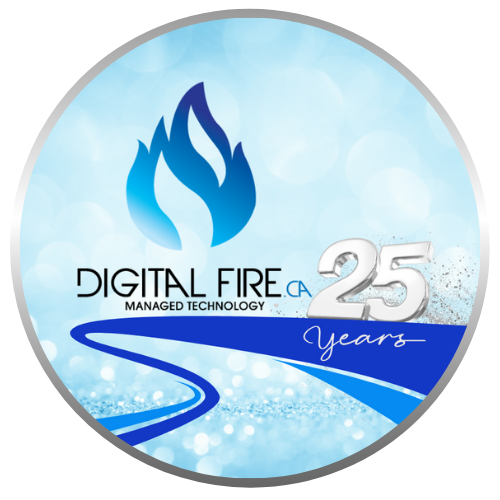The Best Data Backup Solutions for Your Business
It's strange that some companies don't take any steps to back up their data. Regardless of size, organizations must take steps to back up their data. Here are four of our top picks for backing up your files.
USB flash drives
A USB flash drive is a data storage device that includes flash memory with an integrated Universal Serial Bus (USB) interface. They're both inexpensive and portable, but can also be used to backup data from multiple computers.
However, USB flash disks are easy to lose, so they aren't ideal for storing longterm storage for data. They're best for creating an intermediate backup.
External hard drives
Portable hard drives are external drives that connect to computers using USB ports. Compared to other backup devices, these devices offer the lowest costs per gigabyte and boast fast transfer speeds, making them ideal for backing up large amounts of data quickly.
One drawback of using external hard drives for backing up your important documents is that you'll need regular updates to ensure that they contain recent files. There's also the possibility of misuse or theft. For example, employees might use their company's storage space for storing personal files or carry them with them when they leave the company.
Network-attached storage (NAS)
A NAS (Network Attached Storage) is a dedicated computer system that stores files. It can also serve as an email server. It has its own Internet Protocol (IP) address and can operate either via cable or wireless connection. NAS also provides data redundancy. It creates multiple copies of your files so they're always safe.
NAS doesn't scale well past system limits. You may need to buy additional hard drives if you want more storage space. NAS devices are also vulnerable to malware, so you need to configure them correctly to protect against it.
Cloud storage
Cloud storage services has become increasingly popular among businesses due to its many benefits, such as cloud backups. For one thing, similar to google drive, it lets users access their data from anywhere at any time using any internet-connected devices, like mobile devices. It allows businesses to pay for only the resources they need on a virtual machine. Cloud service providers (CSP) handle the installation, maintenance, and management processes for you, so you can focus on more important business issues.
However, some CSPs don't implement sufficient security measures on their systems, potentially exposing data to cyber threats. This makes cloud backup solutions an unsuitable solution for medical practices, law offices, and other organizations that deal with sensitive data. Businesses in these sectors need to find a service provider that has implemented top-of-the-line security protocols and specialized in data regulation compliance.
Choosing the right backup strategy has far-reaching implications for your business. Each method or device comes with its own set of pros and cons, so you need to choose the one that works for your business. Get expert advice from our team to ensure you choose the best option for you.
Recent Posts











